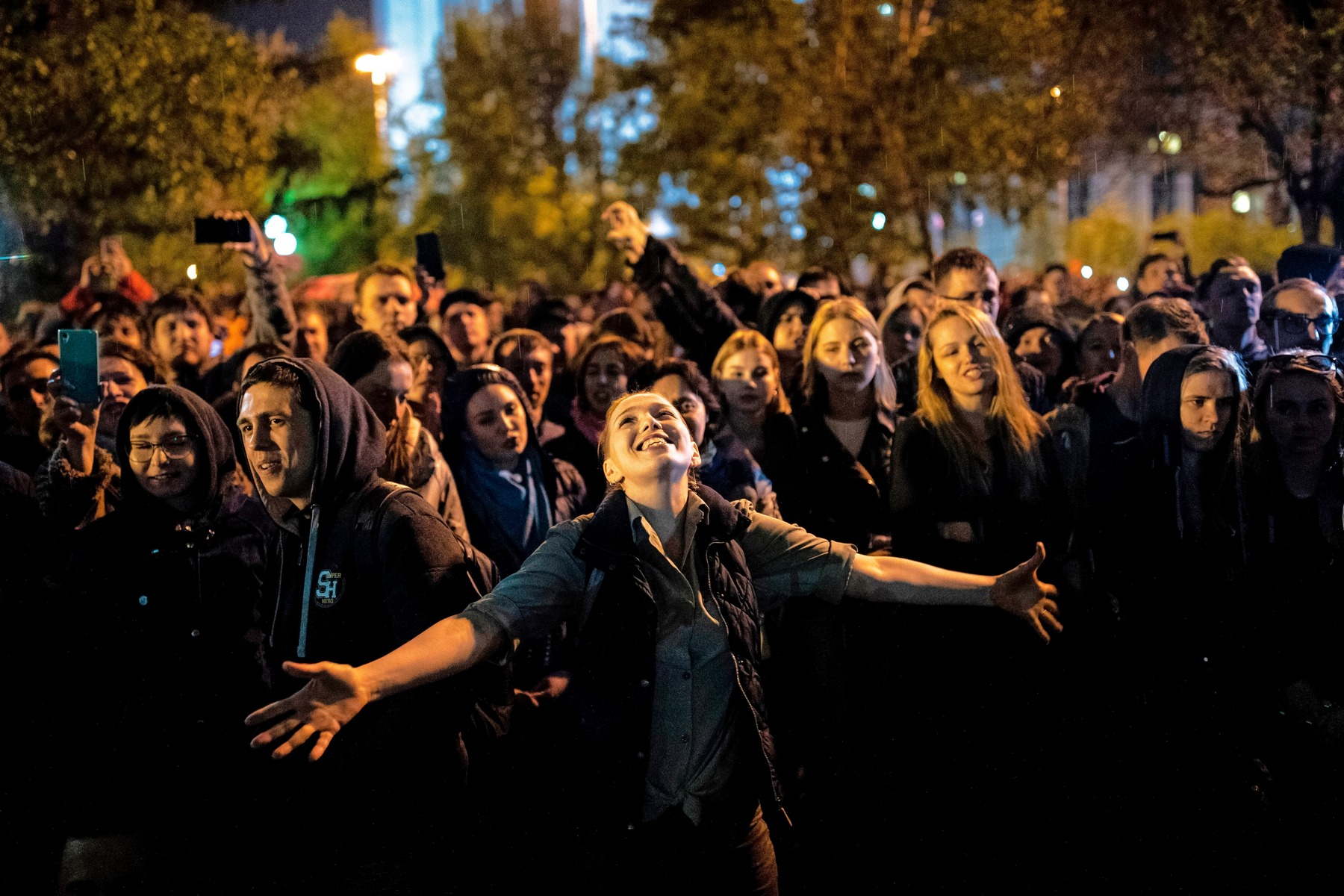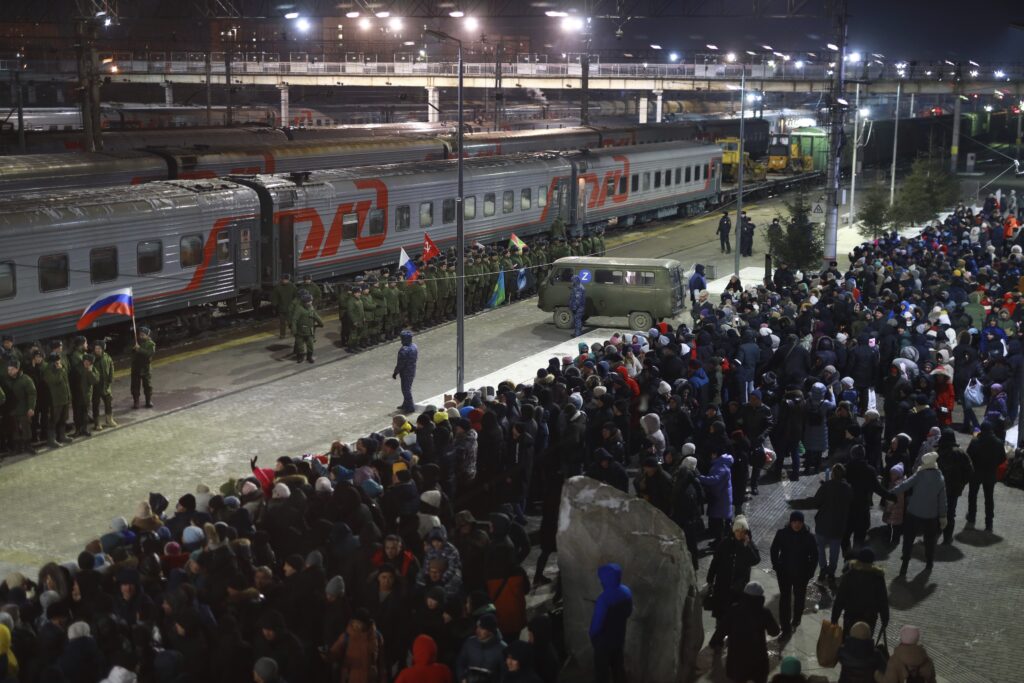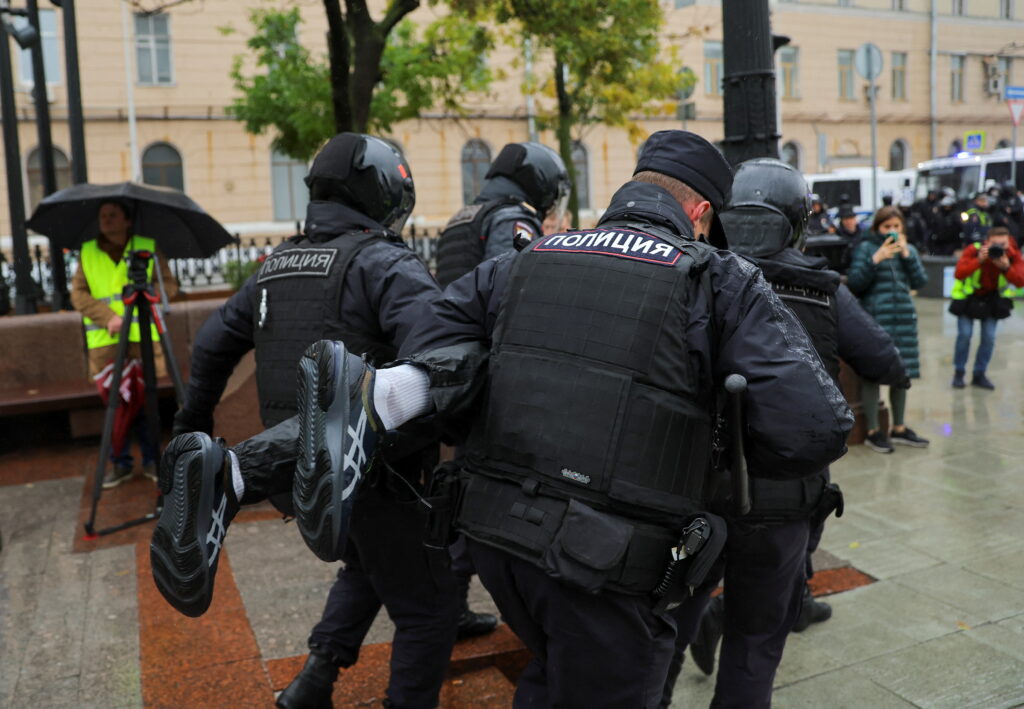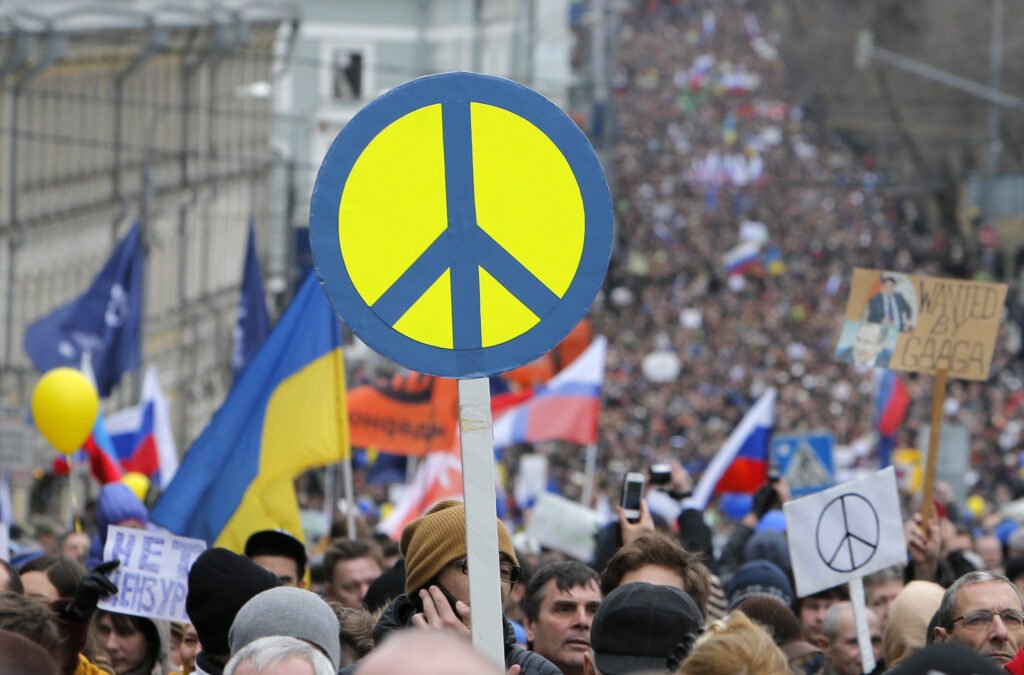Russia’s young people have been getting a lot of media attention ever since 2017, when so-called ‘schoolchildren’ took to the streets in protest. Subsequent protest waves — including against pension reforms, Moscow’s municipal elections, and in support of Alexey Navalny this year — were also distinguishable by active involvement of young protestors.
The Russian government and its supporters have continually tried to amplify the ‘childishness’ of these protests. Its aim is to tarnish the opposition’s credibility with its ‘underage’ membership, portraying opposition leaders as irresponsible manipulators.
In reality, not much reliable data on age categories in the protest movement is available, though it is difficult to deny that the ‘Russian youth’ have been politicized over the last five years. The growth of political content on popular social media platforms like TikTok is just one example of this trend, as is the rising demand for media without political censorship.
While young people are usually the most active in Western Europe’s protests, pensioners have tended to be in the forefront of Russian protests. In the early 2000s, Russia’s young people appeared more pragmatic and apolitical. Today, however, being apolitical among the educated youth in big cities is ‘out of fashion.’ Does this indicate a looming generational change in Russia, along with growing demand for a new political reality? Does the Russian youth really have more liberal normative values than their older fellow citizens? Without making hard conclusions, let us look at the value orientations of survey respondents aged 15-25 when compared to those of older age. This comparison is based on the World Values Survey and the European Values Survey for 2017.
Sociocultural liberalization
Youth is first and foremost a demographic group, not a social group with a common identity and interests. It is certainly not an organized political force. However, there is reason to believe that young people are more oriented toward global emancipative movements and political and sociocultural liberalization than older people. This orientation can obviously face reversals and slowdowns, but the global trend is fairly consistent. Modernization theory suggests that each succeeding generation will increasingly value freedom and self-realization (emancipative values) as economic prosperity grows, as opposed to valuing material plenty and existential security (materialist and survival values).
Emancipative values include certain attitudes toward sociocultural liberalization, including tolerance toward members of other groups; adherence to the universal principles of freedom of choice in private and public life (such as divorce and abortion); and personal autonomy, or independence and creativity instead of obedience to authority. In a political context, this means rejection of authoritarian forms of government, demands for democracy and emancipation of marginalized groups, and support for non-violent forms of protest.
Liberalism in Russia, besides sociocultural views, can also cover economic positions such as friendliness toward competition, minimizing the role of government in markets and in private life, skepticism toward a welfare state, and valuing equality and fairness. How do respondents aged 15-25 feel toward all these different aspects of liberalization?

Sources: European Values Study 2017: Integrated Dataset (EVS 2017), Haerpfer, C., Inglehart, R., Moreno,A., Welzel,C., Kizilova,K., Diez-Medrano J., M. Lagos, P. Norris, E. Ponarin & B. Puranen et al. (eds.). 2020. World Values Survey: Round Seven–Country-Pooled Datafile. Madrid, Spain & Vienna, Austria: JD Systems Institute & WVSA Secretariat.
Differences are more evident when it comes to sociocultural liberalization (Figure 2). Young people see independence and creativity as important qualities to instill in children: 37% of respondents aged 15-24 prioritized independence (in comparison to 23% of respondents over 65 years old). Over 25% of young people consider creativity to be most important in raising children (compared to 12% in the over-65 group), while obedience ranks much lower: only 17% of young respondents listed it, compared to 23% of those over 65. Respondents from 25 to 34 years old value creativity less (18%), but the difference is not highly significant. Therefore, there appears to be a linear trend of liberalizing views toward raising children from one generation to the next.

Differences are not so plain in views toward gender emancipation and equality. Almost half of younger respondents believe men should have priority over women in jobs during periods of unemployment. Older groups have a similar distribution of responses. Meanwhile, young people are slightly more enthusiastic toward women as political leaders, though there is a large share of those who find men more fitting for politics among all age groups. There is a similar trend for those prioritizing higher education for boys over girls (over 20% for all age groups). Moreover, younger respondents turned out to be the most conservative on women holding leadership roles in business. We do not see any general breakthrough in gender emancipation.

Figure 4 reflects how accepting Russians are of personal choices or phenomena like abortion, homosexuality, and divorce. Higher points (on a scale of 1 to 10) mean greater acceptance for these choices or phenomena among respondents. All age groups, with the exception of those over 55, demonstrate similar views on the freedom of choice in personal life. The youngest generation is only distinct in its higher tolerance toward homosexuality. This is likely another example of linear liberalization from generation to generation.

It may seem like the youth has become more liberal; but on the whole it differs little from the generations over 30 and under 50. Differences are only clear when compared to the group over 65. According to the WVS/EVS polls, the 15-24 group is only remarkable in its skepticism toward government in the economy and its stronger emphasis on self-expression. In some aspects of gender, the youth is actually even more conservative than older groups. It cannot be said that young people have become a lot more liberal across the board and demonstrate more ‘progressive’ views; neither do we see signs of a ‘conservative’ wave. This could have been expected among a generation that grew up in a more restrictive regime with a greater government role in education than previously. We can conclude that the demand for liberalism in modern Russia does not follow generational lines; young people, by and large, harbour the same diversity of political and cultural views as other age groups.










